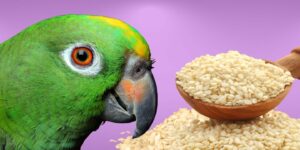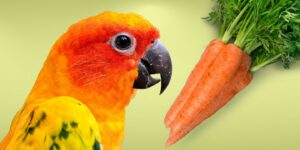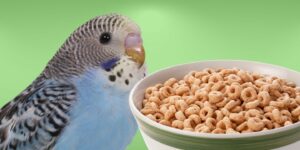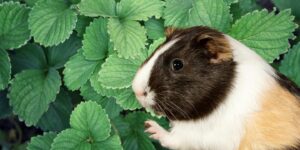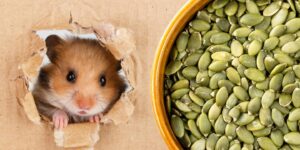The short answer is no, cats should not eat tomato sauce. While a small amount of tomato sauce is unlikely to cause harm to a cat, it is not a natural part of a cat's diet and should be avoided. As obligate carnivores, cats have unique nutritional requirements and should be fed a balanced diet specifically designed for their needs. Tomato sauce often contains added spices, salt, garlic, onion, and sugar, which can be harmful to cats when consumed in large amounts. Additionally, the tomato plant itself contains a toxic substance called solanine, which can cause stomach upset and other problems if ingested.
Nutritional Requirements of Cats
Obligate Carnivores
Cats are obligate carnivores, meaning they require a diet consisting primarily of animal-based proteins. This is due to their unique metabolism, which needs certain essential nutrients found in animal tissues, such as taurine and arachidonic acid.
Essential Nutrients
Cats require specific nutrients that can only be found in animal-based foods, such as taurine, arginine, vitamin A, and vitamin D. These nutrients are crucial for maintaining their overall health and well-being.
Risks of Feeding Human Foods to Cats
Feeding cats human foods can lead to an unbalanced diet and potential health issues. Moreover, some human foods may contain toxic substances or ingredients that are harmful to cats.
Composition of Tomato Sauce
Basic Ingredients
Tomato sauce is typically made from tomatoes, water, salt, and various spices. While tomatoes themselves are safe for cats in small amounts, the additional ingredients can be harmful.
Common Additives and Spices
Garlic and Onion
Both garlic and onion can be toxic to cats, leading to damage to their red blood cells and potentially causing anemia.
Salt
High sodium intake can cause imbalances in cats, leading to dehydration and even heart problems if consumed in large amounts.
Sugar
Excess sugar consumption in cats can contribute to weight gain and eventually lead to obesity and diabetes.
Potential Harmful Effects of Tomato Sauce on Cats
Solanine Toxicity
Tomato plants, including leaves and stems, contain solanine, which can cause gastrointestinal upset and other issues in cats when ingested.
Symptoms
Symptoms of solanine poisoning in cats may include vomiting, diarrhea, loss of appetite, and weakness.
Treatment
If you suspect your cat has solanine poisoning, it is essential to contact your veterinarian for treatment immediately.
Gastrointestinal Upset
Cats may experience stomach upset and other digestive problems after consuming tomato sauce due to its unusual ingredients and high acidity.
Allergies or Sensitivities
Some cats may be allergic or sensitive to ingredients in tomato sauce, leading to skin irritation, itching, or other allergic reactions.
Weight Gain or Obesity
Feeding cats calorie-dense human foods like tomato sauce can contribute to excessive weight gain, potentially resulting in obesity and related health issues.
Safe Alternatives to Tomato Sauce for Cats
Commercial Cat Treats
Commercial treats designed specifically for cats are a safe and healthy option for rewarding your feline friend.
Homemade Cat-Friendly Treats
Creating homemade treats using cat-safe ingredients, such as cooked plain chicken or fish, can be a fun and healthy way to spoil your pet.
Fruits and Vegetables That Are Safe for Cats
Some fruits and vegetables are safe for cats in moderation, including green beans, broccoli, and blueberries.
How to Prevent Cats from Consuming Tomato Sauce
Storing Tomato Sauce Safely
Ensure that tomato sauce containers are securely closed and stored out of reach of your cat.
Securing Trash and Food Scraps
Keep trash cans closed and store food scraps in a secure location to prevent your cat from scavenging for leftovers.
Training Your Cat to Avoid Human Food
Train your cat to stay away from human food by rewarding them with appropriate treats and providing a designated feeding area.
What to Do if Your Cat Eats Tomato Sauce
Monitoring Your Cat's Behavior
If your cat consumes tomato sauce, monitor their behavior closely and watch for any signs of distress or abnormal behavior.
When to Contact Your Veterinarian
If you notice any symptoms of solanine poisoning or other health concerns after your cat consumes tomato sauce, contact your veterinarian immediately.
Tips for Preventing Future Incidents
Ensure that all food items are stored securely and out of reach, and provide your cat with a balanced, species-appropriate diet.
Summary
The importance of a cat-specific diet cannot be overstated, as cats require specific nutrients only found in animal-based foods. While a small amount of tomato sauce is not likely to harm a cat, it is best to avoid it altogether due to its potentially harmful ingredients and lack of nutritional benefits for felines. To keep your cat healthy and safe, always consult your veterinarian regarding any concerns about your cat's diet or health.



